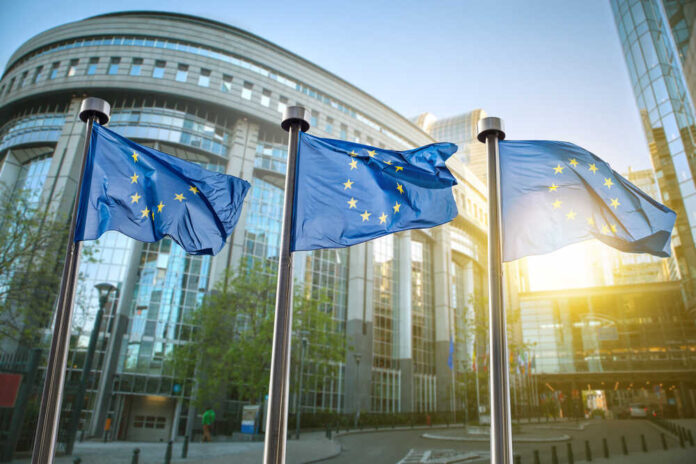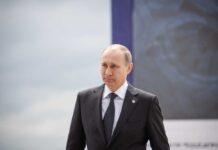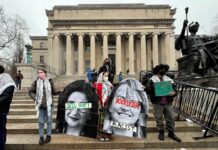The European Union’s foreign affairs chief announced on March 19 that the EU would be moving ahead with a plan to use the profits from frozen Russian assets to provide funding for Ukraine, the Associated Press reported.
Josep Borrell, the EU’s high representative for foreign affairs and security, said he got the go-ahead from most of the foreign ministers from EU member states and hoped that the European Union leaders would endorse the plan to use the billions in profits from Russia’s frozen European assets to provide additional funding to help Ukraine replenish its dangerously low stock of munitions while US funding remains stalled in Congress.
The EU holds about €200 billion (or $217 billion US) in Russian central bank assets, most of it in Belgium, that were frozen in retaliation for Russia’s invasion of Ukraine. It is estimated that the interest on the assets generates about €3 billion each year.
Borrell told reporters on March 19 that €3 billion a year “is not extraordinary,” it is “not negligible” either.
A few EU member states, most notably Hungary, have refused to provide weapons or ammunition to Ukraine, so the profits from the frozen assets would be divided with about 90 percent being placed in a special fund that allows EU nations to get reimbursed for the weapons and ammunition they send to Ukraine.
The other 10 percent would be placed in the EU budget to help Ukraine’s defense industry.
Borrell told reporters that countries objecting to sending military aid to Ukraine could rightly argue that they are not providing arms to the country.
The European Central Bank previously advised against seizing Russian assets, warning that it could undermine confidence in the euro and the European Union markets.
However, Borrell said the plan would not touch the assets, only the profits earned in interest. He told reporters that the European Central Bank was consulted on the plan.
Some leaders from EU member states, including Belgium’s Prime Minister Alexander De Croo, have argued that the profits from the frozen Russian assets should be reserved for Ukraine’s reconstruction after the war. However, Borrell argued that the best way to avoid spending money on reconstruction was to ensure nothing is destroyed.


















